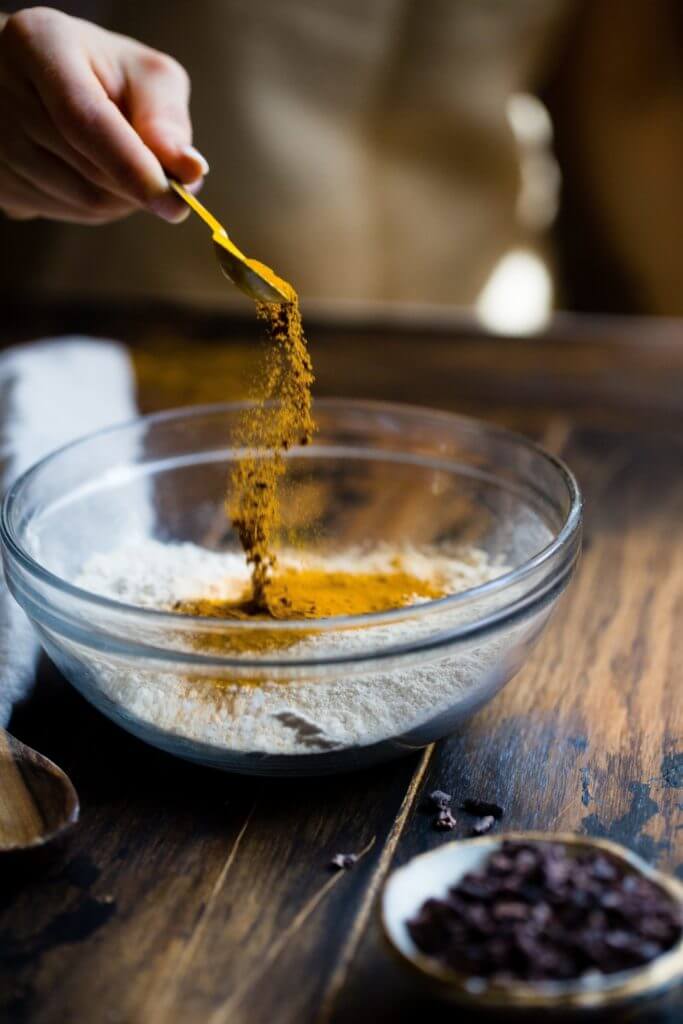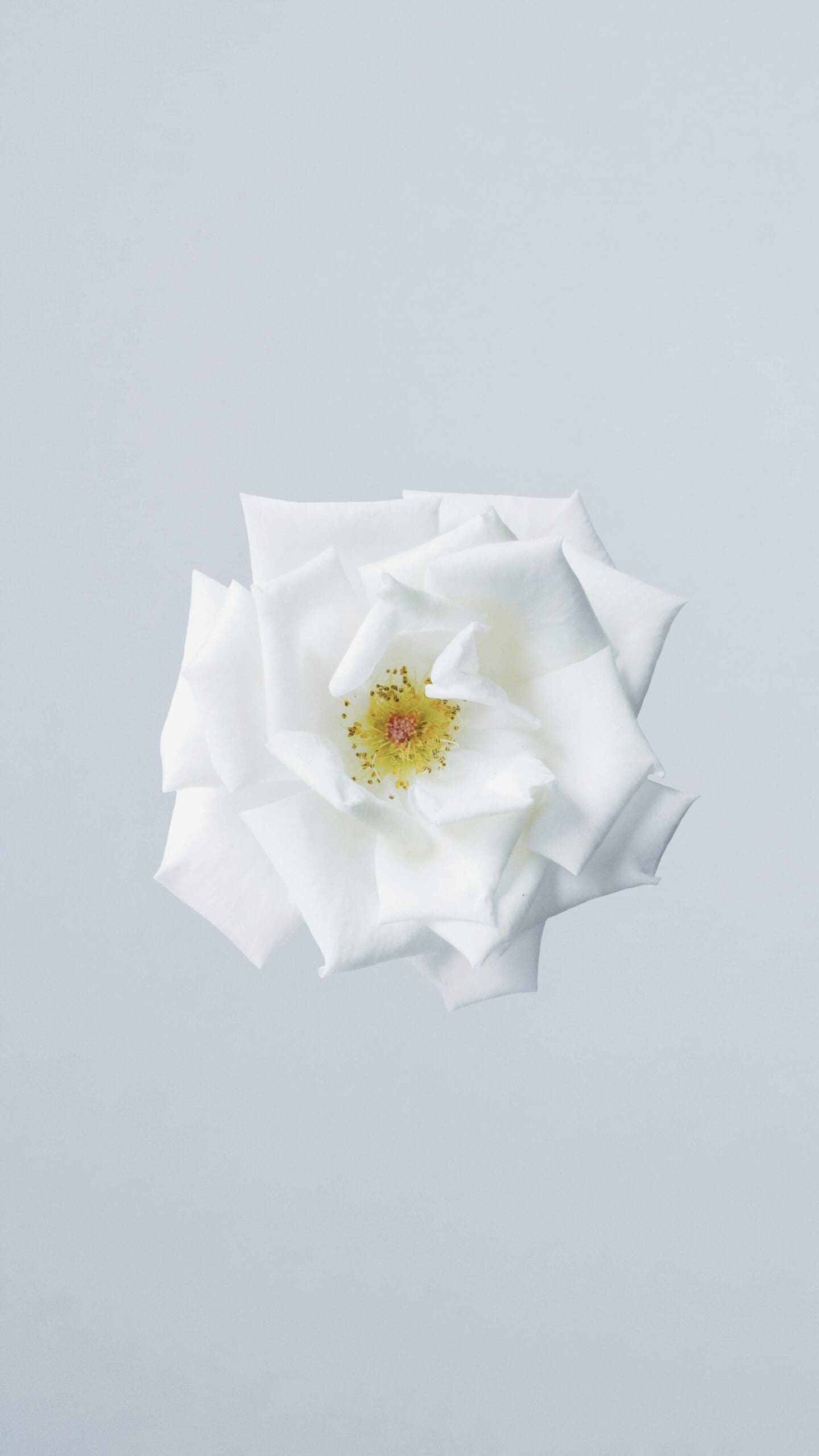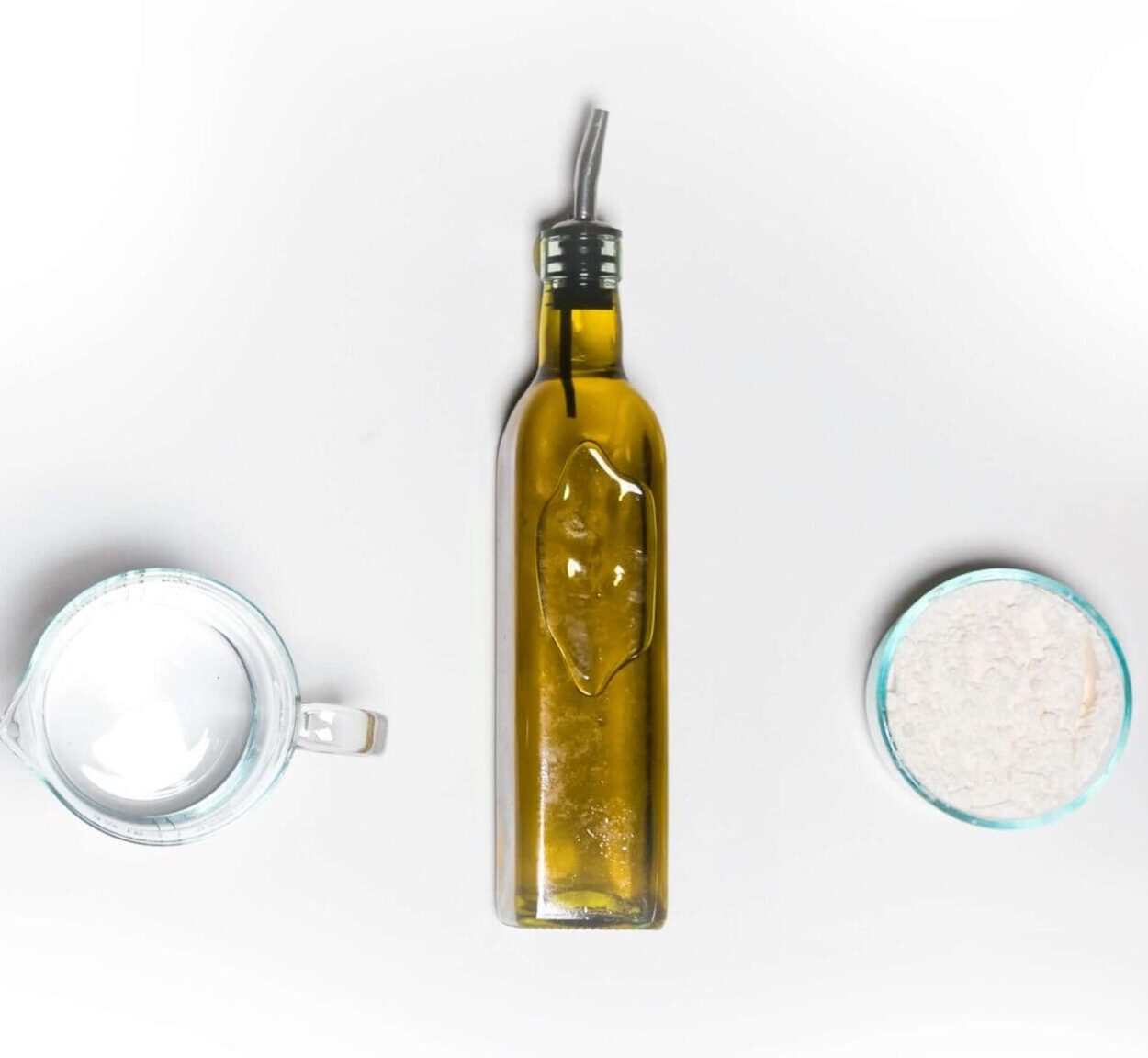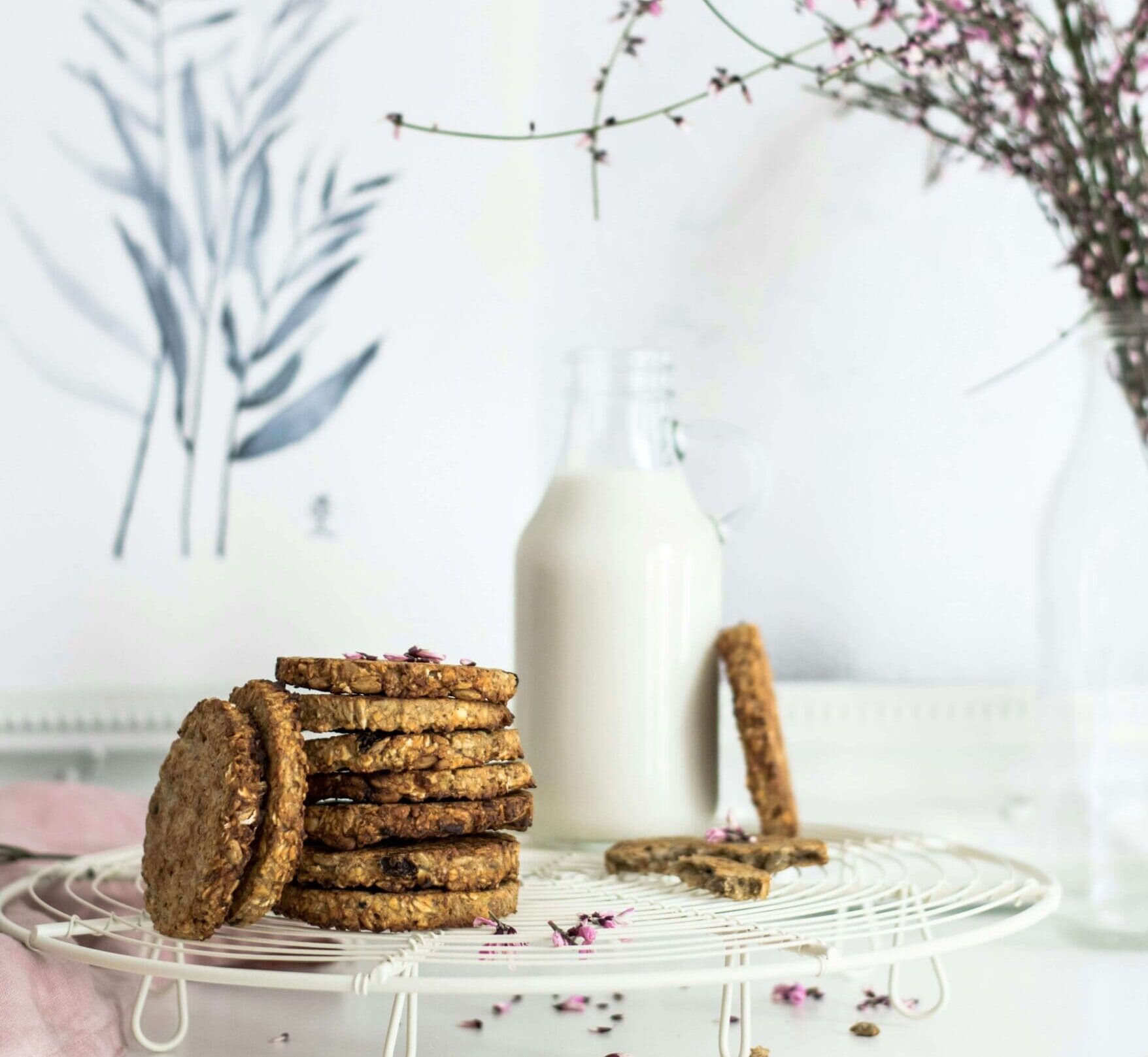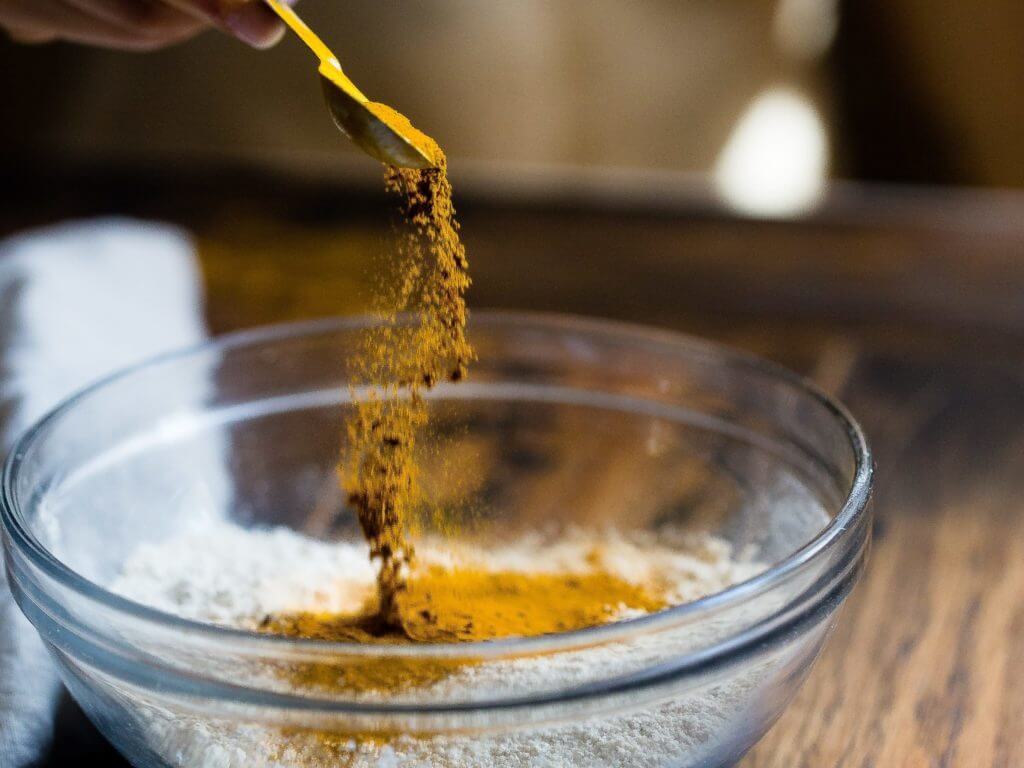
Hello friends! Today we are going to talk about the beautiful golden spice, turmeric, some controversy, benefits, and how to incorporate more of it into YOUR diet for a cancer prevention lifestyle. Let’s do this!!!
Background
This spice is nothing new. In fact, turmeric has been used for over 4,000 years as a form of medicine and an integral way of life in ancient Southeast Asia. Turmeric thrives in warmer, moist climates, and has been used in everything from dying clothes to flavoring dishes, and even playing a role in marriage ceremonies.
It has gained popularity as cultures intertwine and different people groups mix, resulting in an exchange of language, customs, and – you guessed it – FOOD! Nowadays, people have more access to foods from different cultures than ever before. You can experience a world of flavors by visiting different markets, restaurants, and even sharing meals with friends and neighbors.
If you have never had turmeric before, it has an earthy, slightly bitter, warm flavor that pairs nicely with spices like cumin, coriander, black pepper, and cardamom. It is used in a variety of cuisines including African, Middle Eastern, and Southeast Asian. In the grocery store, you can find turmeric in the whole root form or in the powder spice form. The root form looks a lot like a smaller ginger root with a slightly orange tint.
Superfood
As your oncology dietitian, I want you to feel empowered – not confused – when it comes to the different trends circulating the market or your Facebook/Instagram feed. More recently, Turmeric has surfaced as a “superfood”. Now I said this in my Go Blue to Reduce Cancer Risk blog post, and I will say it again here:
THERE ARE NO SUPERFOODS.
Well, not exactly. No captain turmeric here to save the day and cure all our ailments. Although the research is definitely promising related to turmeric and other nutritious foods, no food has been shown to be an effective treatment ALONE to fight cancer.
Just like one food alone will not cause cancer, one food will not cure cancer either. This is an incredibly complex disease, and it requires far more than just throwing food at it or taking a bunch of herbal pills.
One thing food CAN do is help to keep our bodies strong. As your oncology dietitian, I emphasize an overall healthy lifestyle that focuses on the multiple aspects of wellness (food, sleep, hydration, movement, stress management) in reducing cancer risk.
Turmeric Supplements
You have likely seen turmeric pills hit the shelves of most health food stores and may have wondered, “should I get them?” You may even have a bottle in your medicine cabinet right now! If so, don’t panic. I am not trying to make you feel guilty. Just consider a few things before deciding to take or continue taking them.
Not Regulated by the FDA
Remember that supplements are an unregulated industry. Companies may not be truthful about the ingredients and supplement claims. They can also be contaminated with harmful fillers and heavy metals such as cadmium and lead which can pose a threat to organs and increase cancer risk. If you ever choose to supplement, check the dose, talk to your doctor and oncology dietitian, and make sure the company is third party tested!
Possible Drug-Nutrient Interactions
Supplements and herbs also have the potential to interfere with chemotherapy and other medications. Certain studies have shown that mega-dose supplement forms of antioxidants may protect cancer cells during treatment and increase risk of recurrence. Yikes!
Turmeric can also have a blood thinning effect which can be dangerous for people taking it in large doses on top of their blood thinner medication, for example warfarin. The combination of two strong blood thinners can cause excessive bleeding and bruising.
Illusion of Health
Another issue with these “superfood supplements” is that it can give someone the illusion of being healthy without changing any other lifestyle behaviors. Adding one “superfood” is likely not going to do too much in the grand scheme of things.
Turmeric Supplement Takeaway
If you scour the internet, you will likely find a ton of arguments about whether the food form or the supplement form is the most superior. As your cancer dietitian, I tend to err on the side of caution and take a “food first” approach and then use supplements when necessary.
Of course, as with any other kind of herb or supplement, make sure your dietitian, doctor, and oncology team know if you are taking or thinking of taking a turmeric supplement. Ideally, get their advice and recommendations BEFORE you start taking anything.
Turmeric Benefits
Although turmeric is not a substitute for medicine, there is a lot of promising research showing how turmeric can improve human health and reduce risk for chronic diseases, including cancer.
Antioxidant
Compounds in turmeric known as curcuminoids have been shown in several studies to have an antioxidant effect. Along with acting as an antioxidant, curcumin also increases the action of other antioxidants, like glutathione.
Remember that antioxidants donate an electron to stabilize free radicals in the body that would otherwise cause harm by damaging DNA and other components of our cell’s structures. Think of curcumin as that really cool guy/girl who brings others out of their shell and shuts down people who are really negative.
Anti-Inflammatory
When our body is under stress, in the case of a wound for example, acute inflammation is necessary to signal damage and stimulate wound healing. In other words, it’s a good thing and has a purpose.
Chronic inflammation, however, is more of a low-grade inflammation that persists over time and is associated with the release of species that are free radicals (bad guys) that increase cell damage and our risk for cancer and other chronic diseases.
The polyphenols in turmeric are thought to have an anti-inflammatory effect by inhibiting inflammatory pathways, products, and by repairing some of the damage caused by the “bad guys”! Wahoo!
Neuroprotective
As we age, our body goes through some changes. Obviously, we may get wrinkles and not be able to run up a flight of stairs as quickly, but there are also subtle changes going on inside our bodies. Plaques can gradually build up on our neurons and block cell signals, resulting in the hallmark symptoms of neurodegenerative diseases such as memory loss and confusion.
Animal studies are showing that curcumin may increase the ability for the body to regenerate neurons and lower the amount of plaque that builds up on the neurons. Several epidemiological studies (studies that look at people groups and disease risk factors) also show that cultures who tend to have a higher intake of turmeric, have lower rates of dementia!
Turmeric in Food
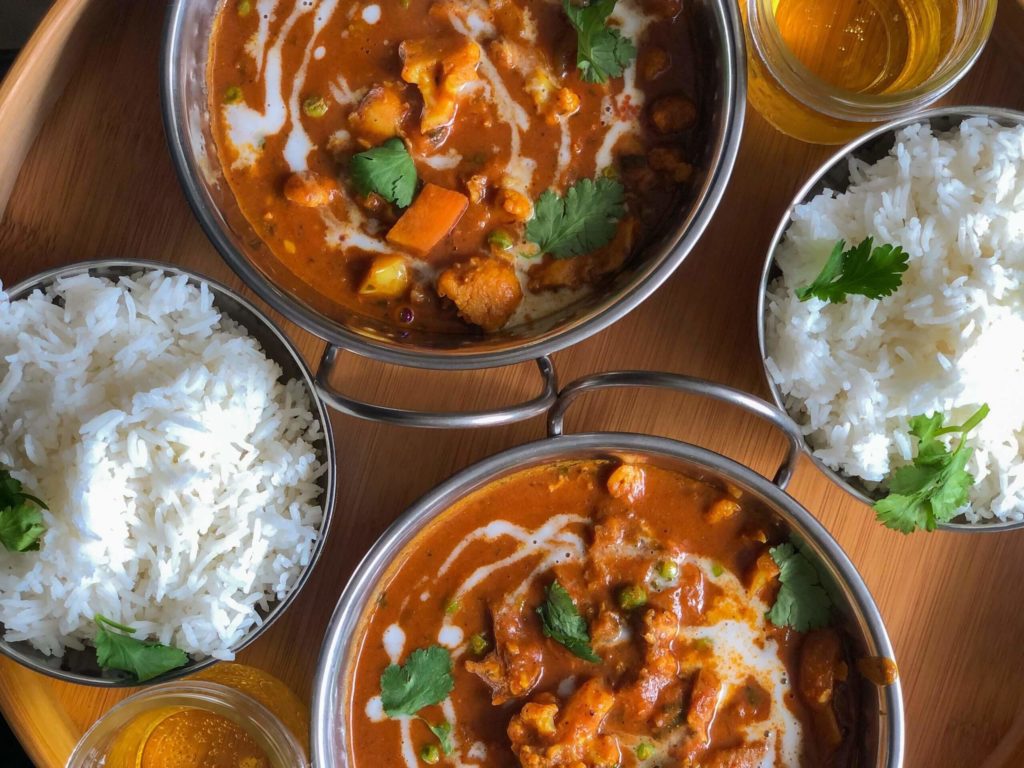
Dietary Turmeric & Breast Cancer
As an oncology dietitian, I get asked A LOT of questions about turmeric and other foods containing phytoestrogens (estrogens from plants). Turmeric in food is SAFE for people with hormone sensitive cancers.
The weak phytoestrogen effect that many worry about shown in in-vitro studies (done in a test tube or petri dish, not a living breathing organism) are not relevant in relation to dietary turmeric; in addition, phytoestrogens cannot alter hormone levels in the body and may actually be beneficial in reducing cancer risk!
Turmeric Absorption
Turmeric is best absorbed if consumed with black pepper and a fat source. I find it interesting that many cultures have been consuming turmeric in that form for centuries! Black pepper can increase how effectively our body absorbs and uses turmeric by 2000%. Although high heat can degrade some of the curcuminoids, even the resulting end-products have been shown to provide similar benefits!
10 Ways to Add More Turmeric to Your Diet
There are so many ways to enjoy turmeric in its whole food form. Just make sure you invest in a designated turmeric pot since that gorgeous color does tend to leave a stain.
- Turmeric tea: You can buy this at the store or pour hot water over the chopped root.
- Curry Dishes: Try your hand at making cuisines from different cultures. You may discover a new favorite food!
- Grains: Adding some turmeric to your rice, quinoa, or couscous will give it a gorgeous golden color and add a subtle, warming flavor to your dish!
- Dry Rub/Marinade: Use a dry rub or marinade containing turmeric for your meats or tofu!
- Chicken/Chickpea salad: make a dressing using yogurt, mayo, turmeric, curry powder, cumin, black pepper, and cilantro for your next meal prep. Enjoy with some pita bread, veggie sticks or even in a wrap or sandwich!
- Golden Latte: milk of your choice + turmeric + other spices (don’t forget black pepper) + pinch of sweetness
- Dressings: give your simple dressing a boost by adding ½ tsp of turmeric
- Smoothies: Start your day with combinations like mango + pineapple + ginger + fresh or powdered turmeric
- Baking: Throw turmeric powder into spiced cookie dough and breads
- Natural food coloring: Use turmeric to give a brighter yellow color to lemon dishes or frosting!
Turmeric Recipes for Cancer Prevention
I am just going to come out and say it: these are not authentic recipes. I am not of any South-East Asian descent. These are recipes I put together as your oncology dietitian to try and incorporate this spice into foods that are accessible and familiar to you! There are tons of creators and dietitians who come from the cultures that use this spice, and I highly recommend checking them out if you are interested in learning more about authentic use of turmeric in different cuisines! Let’s get into it!
Golden Turmeric Oatmeal (vegan)
Start your day off with some anti-inflammatory turmeric oatmeal! If you are feeling more salty than sweet, swap out the cinnamon for cumin, ditch the sweetener, and add some veggies and protein for your toppings! I am all about coming up with ways to make my recipes more customizable for YOU! Enjoy!
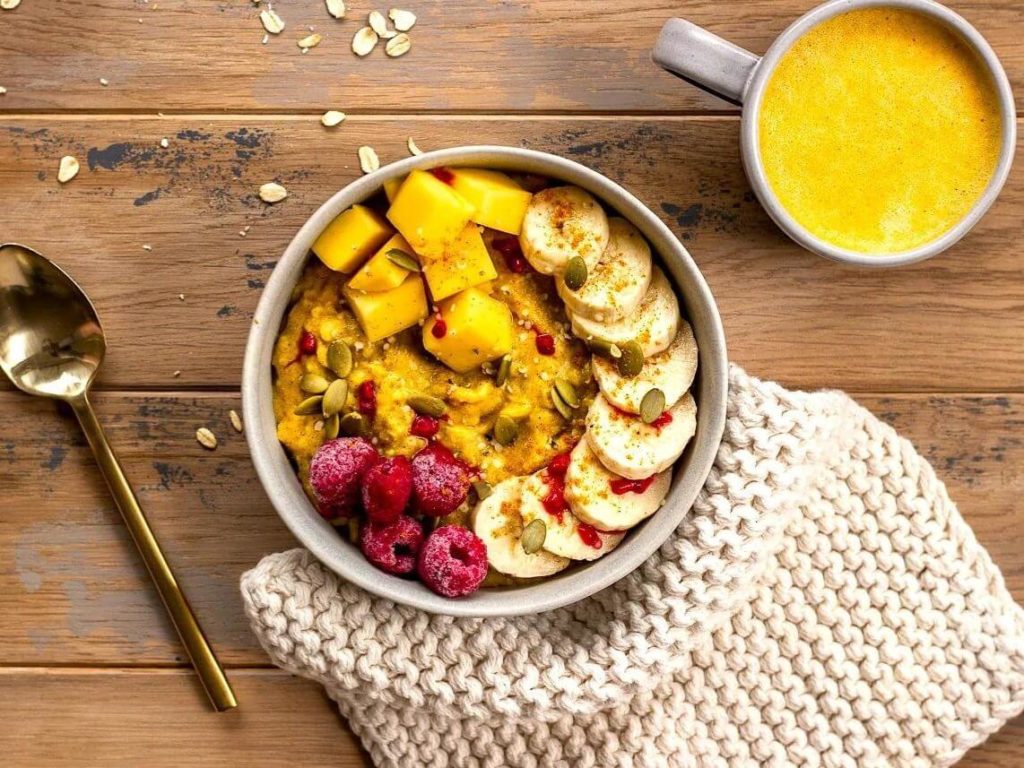
Ingredients:
- ½ cup rolled oats (use gluten free if needed)
- 1-¼ cups of favorite milk (almond or oat to make it vegan)
- ¼ tsp of powdered turmeric
- ¼ tsp of cinnamon
- ¼ tsp of ginger
- Pinch of black pepper
- Maple syrup or date paste, to taste
Directions
- Add all ingredients except sweetener to a pan and gently bring the mixture to a boil.
- Reduce the heat until just simmering. Continue to cook for about 10 minutes, stirring frequently until the mixture has thickened.
- Add your favorite sweetener to taste and pour the oatmeal into a bowl.
- Add your favorite toppings (I like berries, mango, and seeds) and enjoy!
Hey there! If you aren’t already, be sure to follow me on Instagram, so you don’t miss out on any up-to-date nutrition myth busting and serving up the facts with a side of sass!
There is something for everyone inside my shop! Whether you want to learn more about supplements, tackle your weight loss goals, learn tips to thrive during cancer treatment, reduce risk for the most common cancers, or just want some recipes packed with all the wonderful foods that keep your body strong before, during, and after treatment- I have got you covered! Click here to check out my resources!
References
- Avey T. What is the history of turmeric? PBS. https://www.pbs.org/food/the-history-kitchen/turmeric-history/. Published March 9, 2015. Accessed February 1, 2023.
- Ambrosone CB, Zirpoli GR, Hutson AD, et al. Dietary supplement use during chemotherapy and survival outcomes of patients with breast cancer enrolled in a cooperative group clinical trial (SWOG S0221). J Clinical Oncol. 2020;38(8):804-814. doi:10.1200/jco.19.01203
- Sood S, Nagpal M. Role of curcumin in systemic and Oral Health: An overview. J Nat Sci Biol Med. 2013;4(1):3. doi:10.4103/0976-9668.107253
- He Y, Yue Y, Zheng X, Zhang K, Chen S, Du Z. Curcumin, inflammation, and chronic diseases: How are they linked? Molecules. 2015;20(5):9183-9213. doi:10.3390/molecules20059183
- Zia A, Farkhondeh T, Pourbagher-Shahri AM, Samarghandian S. The role of curcumin in aging and senescence: Molecular mechanisms. Biomed Pharmacother. 2021;134:111119. doi:10.1016/j.biopha.2020.111119
- Sun J-L, Ji H-F, Shen L. Impact of cooking on the antioxidant activity of spice turmeric. Food Nutr Res. 2019;63. doi:10.29219/fnr.v63.3451
- Shoba G, Joy D, Joseph T, Majeed M, Rajendran R, Srinivas P. Influence of piperine on the pharmacokinetics of curcumin in animals and human volunteers. Planta Med. 1998;64(04):353-356. doi:10.1055/s-2006-957450
- Sharifi-Rad J, Rayess YE, Rizk AA, et al. Turmeric and its major compound curcumin on health: Bioactive effects and safety profiles for food, pharmaceutical, biotechnological and medicinal applications. Front Pharmacol. 2020;11. doi:10.3389/fphar.2020.01021
- Forouzanfar F, Read MI, Barreto GE, Sahebkar A. Neuroprotective effects of curcumin through autophagy modulation. IUBMB Life. 2019;72(4):652-664. doi:10.1002/iub.2209
This blog is not intended as medical nutrition therapy, medical advice, or diagnosis and should in no way replace consultation or recommendations from your medical professional.
